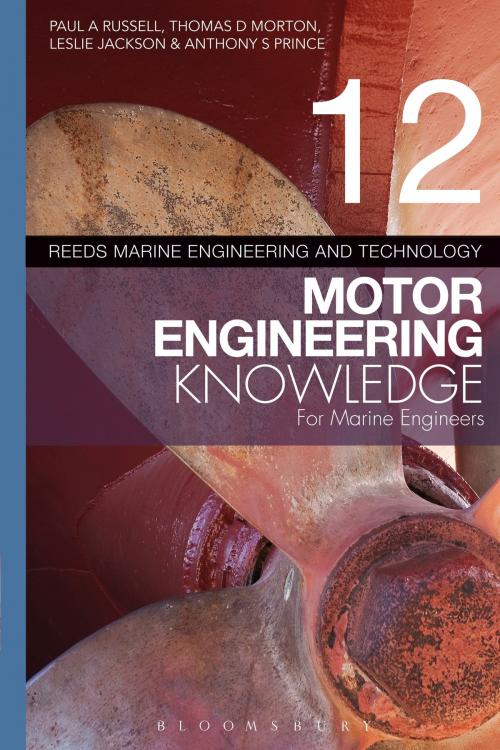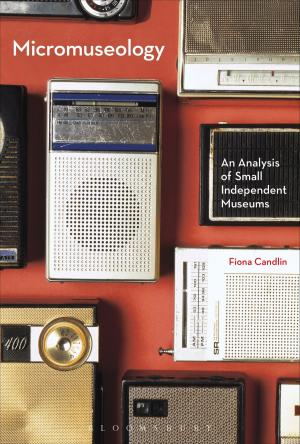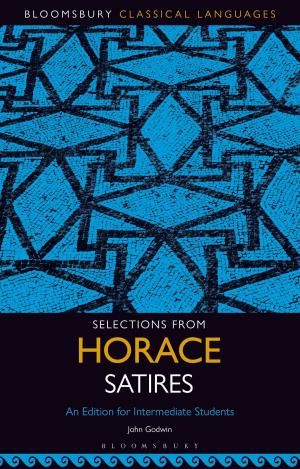Reeds Vol 12 Motor Engineering Knowledge for Marine Engineers
Nonfiction, Science & Nature, Technology, Power Resources, Engineering| Author: | Leslie Jackson, Paul Anthony Russell, Thomas D. Morton | ISBN: | 9781408176016 |
| Publisher: | Bloomsbury Publishing | Publication: | December 13, 2012 |
| Imprint: | Thomas Reed | Language: | English |
| Author: | Leslie Jackson, Paul Anthony Russell, Thomas D. Morton |
| ISBN: | 9781408176016 |
| Publisher: | Bloomsbury Publishing |
| Publication: | December 13, 2012 |
| Imprint: | Thomas Reed |
| Language: | English |
Developed to compliment Volume 8 (General Engineering Knowledge) and work as an examination guide for the requirements of the IMO's Engineering Knowledge under regulation III/2, covering the syllabuses followed by Chief Engineers and 2nd Engineers, this book helps officer cadets working toward the STCW Officer of the Watch qualification or equivalent academic award.
Starting with the theoretical and practical thermodynamic operating cycles, the book is structured to give a description of the engines and components used to extract energy from fossil fuels and achieve high levels of productivity.
The book covers areas that have the potential to affect engine efficiency and emissions including new electronic control systems, fuel injection and efficient turbocharging. It also looks at waste heat recovery, an important development area for improving the environmental impact of ocean going vessels. It also considers new technology and individual components within the engine which means that more energy, left over from the combustion process, can be extracted and used to improve the total thermal efficiency.
The book evaluates issues of safety and environment, highlighting why the new technology must work correctly at all times and why it is necessary that engineering staff onboard understand its operation as well the consequences of any malfunction.
This key textbook takes into account the varying needs of students studying motor engineering, recognising recent changes to the Merchant Navy syllabus and current pathways to a sea-going engineering career, including National diplomas, Higher National Diploma and degree courses.
Developed to compliment Volume 8 (General Engineering Knowledge) and work as an examination guide for the requirements of the IMO's Engineering Knowledge under regulation III/2, covering the syllabuses followed by Chief Engineers and 2nd Engineers, this book helps officer cadets working toward the STCW Officer of the Watch qualification or equivalent academic award.
Starting with the theoretical and practical thermodynamic operating cycles, the book is structured to give a description of the engines and components used to extract energy from fossil fuels and achieve high levels of productivity.
The book covers areas that have the potential to affect engine efficiency and emissions including new electronic control systems, fuel injection and efficient turbocharging. It also looks at waste heat recovery, an important development area for improving the environmental impact of ocean going vessels. It also considers new technology and individual components within the engine which means that more energy, left over from the combustion process, can be extracted and used to improve the total thermal efficiency.
The book evaluates issues of safety and environment, highlighting why the new technology must work correctly at all times and why it is necessary that engineering staff onboard understand its operation as well the consequences of any malfunction.
This key textbook takes into account the varying needs of students studying motor engineering, recognising recent changes to the Merchant Navy syllabus and current pathways to a sea-going engineering career, including National diplomas, Higher National Diploma and degree courses.















